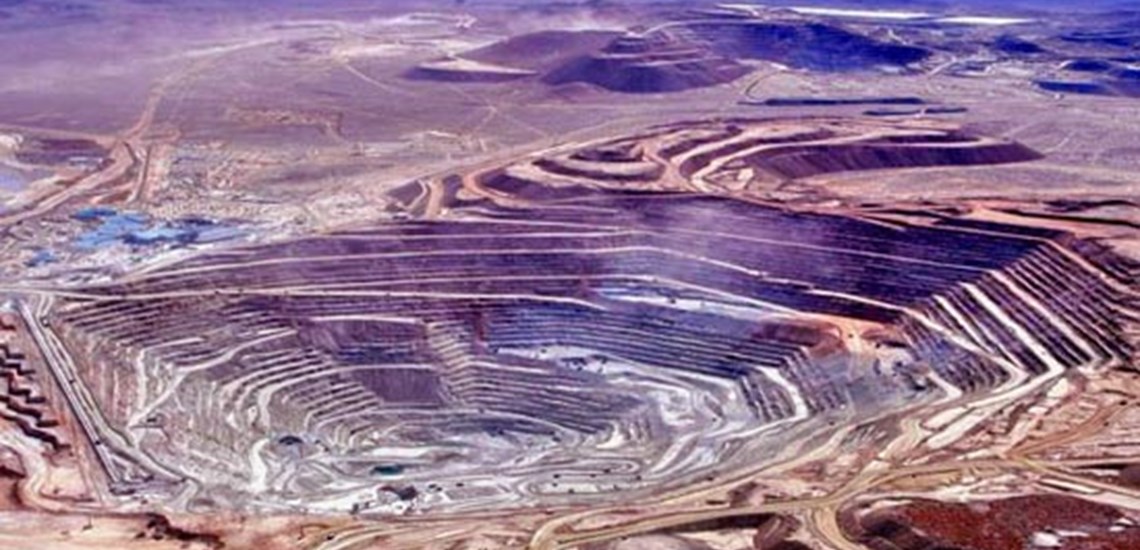Pyrum Innovations AG becomes a partner at the “Future Campus Hydrogen”
Hydrogen is the Next Step
The race to electrify the vehicle fleet around the world has overlooked a number of challenges. Not the least of which is the pollution at the point of generation of the electricity, and the vast amount of electricity that will be needed unless travel practices don’t change dramatically.
The second issue is battery production, the mining and sources of Lithium are limited – though research into extracting Lithium from Granite has been mooted as a way of reviving the Cornish Mining industry. These issues do not even consider the difficulty in recycling Lithium batteries.
Meanwhile, the potential of hydrogen has been overlooked as a potential fuel solution. It can be generated by high-temperature pyrolysis, and it burns clean.
Commercial vehicles have been shown at the IAA in Hannover for some years now, and Japanese manufacturers are keen to investigate the potential of hydrogen-fuelled vehicles.
The bonus is that this fuel can be produced from polymer waste, something that the world has huge problems with and is seeking a solution for.
Now, Pyrum Innovations AG, the Recircle Award-winning company that recycles waste tyres 100% sustainably with its globally patented, unique pyrolysis technology, will become a partner in the “Future Campus Hydrogen” of the Saarlouis district.
The “Future Campus Hydrogen” is intended to bundle training, research, teaching and production around innovative hydrogen technologies in one location with close involvement of the regional industry and thus strengthen the competitiveness of the Saarland in the long term.
As a partner company of the Future Campus, Pyrum Innovations AG covers two of the three future focal points: Mobility of the future as well as circular economy. Through the sustainable recycling of waste tyres and the extraction of new raw materials such as oil, gas, and hydrogen, Pyrum reintroduces industrial waste into the production cycle. In addition, it is planned that Pyrum will supply the Kreisverkehrsbetriebe Saarlouis GmbH (KVS GmbH) with the hydrogen produced in the future. KVS GmbH, the public transport company of the Saarlouis district, plans to convert its bus fleet to hydrogen propulsion in the future.
Pascal Klein, CEO of Pyrum Innovations AG says; “We are very pleased to make our contribution to make our home region fit for the future through new technologies and to create new jobs. We are currently conducting promising tests to extract hydrogen from the gas we obtain by recycling waste tyres using our pyrolysis technology. In this way, we manage to produce hydrogen from waste without the use of additional energy and without CO2 emissions. In addition to our pyrolysis oil, which customers such as BASF use to produce new plastics, and recovered carbon black (rCB), which we sell again to well-known tyre manufacturers, we could thus obtain a third valuable raw material and also return it to the materials cycle. We are confident that we will be able to complete the tests this year and start production of the hydrogen in 2022 at the latest.”
Saarland is a Hydrogen Model Region
The “Future Campus Hydrogen” is to become part of the hydrogen model region Saarland. Saarland was selected by the German Federal Ministry of Transport and Digital Infrastructure in connection with the initiative “HyLand – Hydrogen Regions in Germany” (“HyLand–Wasserstoffregionen in Deutschland”) as one of 13 HyExpert hydrogen regions nationwide. This award is given to regions that have already identified initial ideas and opportunities with the help of project partners or have gained initial experience with hydrogen and fuel cells. At the “Future Campus Hydrogen”, in turn, a wide variety of players will come together in research projects to drive forward innovations in the field of hydrogen. In this way, the National Hydrogen Strategy will be combined with a real outlook for the future for the people of Saarland and the course will be set for the ecological transformation of industry and thus a successful structural change.


















